About Publications Library Archives
heritagepost.org

Preserving Revolutionary & Civil War History

Preserving Revolutionary & Civil War History
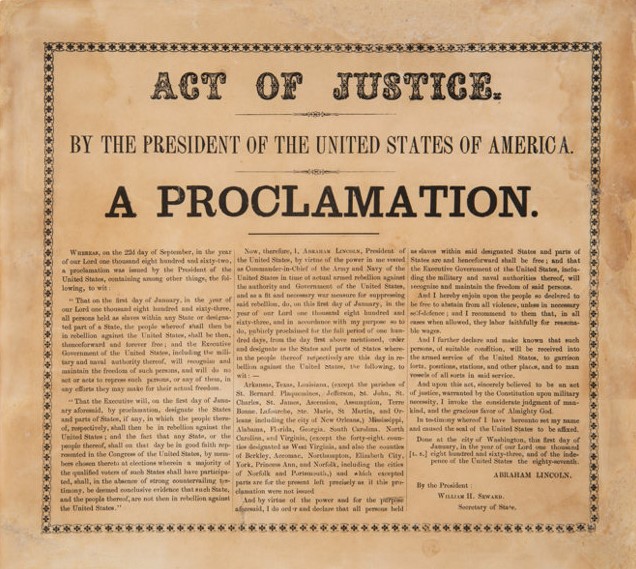
Author: Abraham Lincoln Date:1862 Annotation: On September 22, 1862, less than a week after the Battle of Antietam, President Lincoln met with his cabinet. As one cabinet member, Samuel P. Chase, recorded in his diary, the President told them that he had “thought a great deal about the relation of this war to Slavery”:…
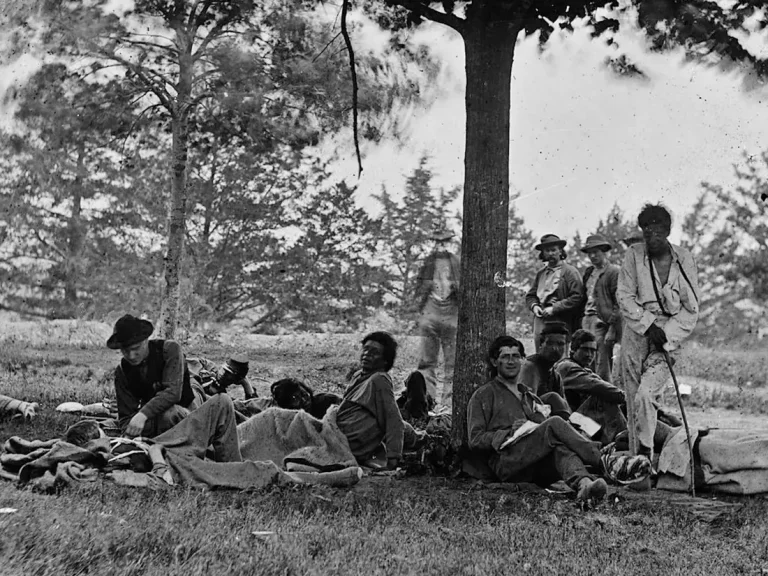
Author: John Ross Date:1862 Annotation: In 1861, many Cherokees, Chickasaws, Choctaws, Creeks, and Seminoles decided to join the Confederacy, in part because some of the tribes’ members owned slaves. In return, the Confederate states agreed to pay all annuities that the U.S. government had provided and let the tribes send delegates to the Confederate…
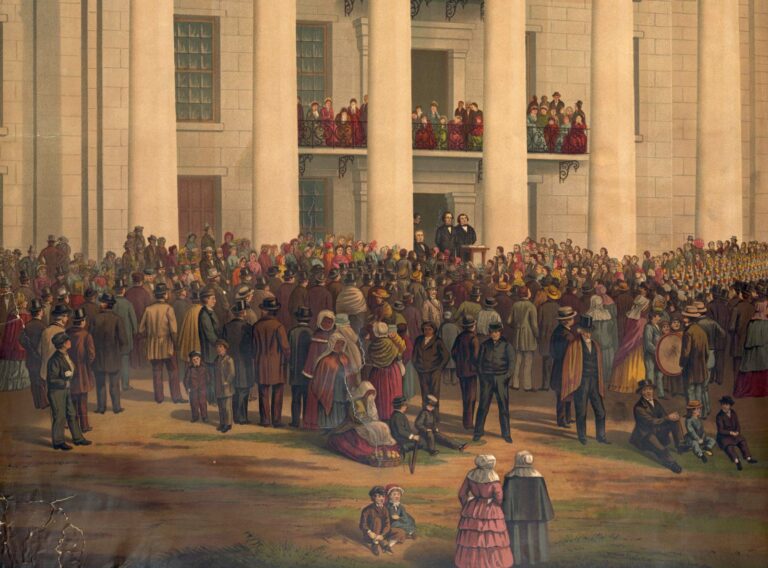
Author: Jefferson Davis Date:1862 Annotation: In the eastern theater, Union General George McClellan’s plan was to land northern forces on a peninsula between the York and James rivers southeast of Richmond and then march on the southern capital. In March 1862, McClelland landed over 100,000 men on the peninsula, only to find his path…
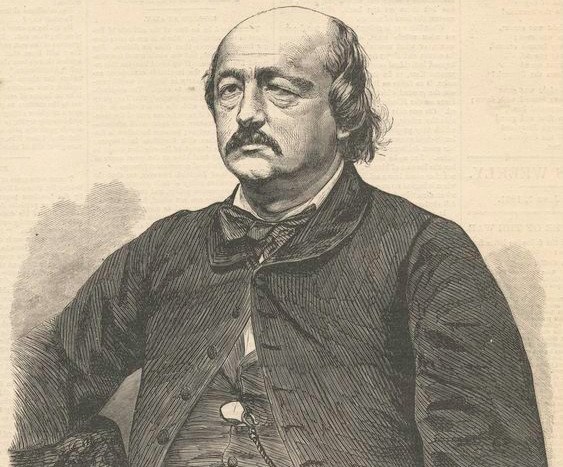
Author: General Pierre G.T. Beauregard Date:1862 Annotation: The Civil War witnessed a will to destroy and a spirit of intolerance that conflicted with Americans’ self-image as a tolerant people committed to compromise. Not only did the conflict see the use of shrapnel and booby traps, it reportedly saw a few southern women wear necklasses…
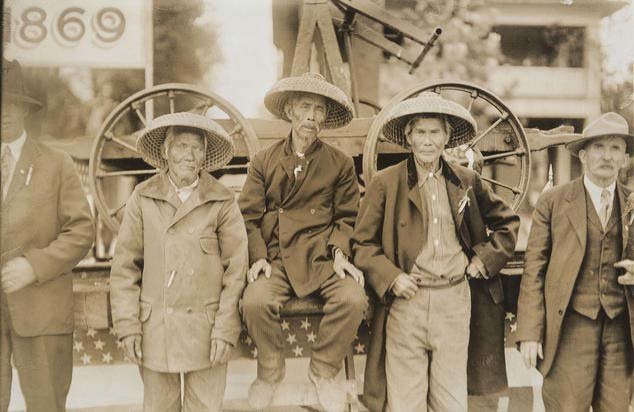
Author: Ellen Greene Date:1862 Annotation: In 1862, the California legislature approved an act to discourage Chinese immigration and protect white workers against competition with Chinese laborers. Document: April 26, 1862 The People of the State of California, represented in Senate and Assembly, do enact as follows: SECTION 1. There is hereby levied on each…
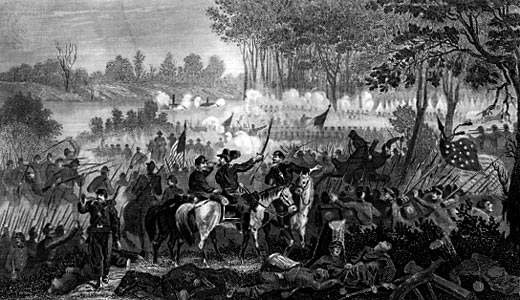
Author: Edgar Pearce Date:1862 Annotation: Under the Anaconda Plan, Union forces in the West were to seize control of the Mississippi River while Union forces in the East tried to capture the new Confederate capital in Richmond. In the western theater, the Confederates had built two forts, Fort Donelson along the Cumberland River and…
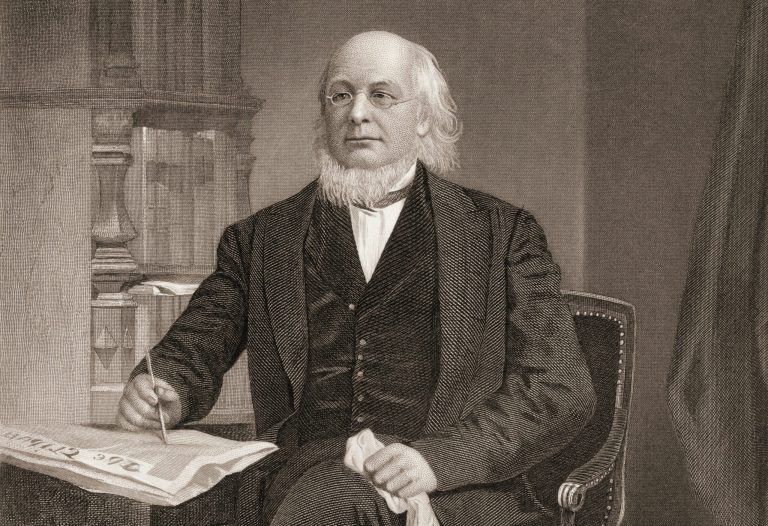
Author: Abraham Lincoln Date:1862 Annotation: In August 1862, Lincoln stated: “If I could save the union without freeing any slaves I would do it; and if I could save it by freeing all the slaves I would do it; and if I could save it by freeing some and leaving others alone I would…
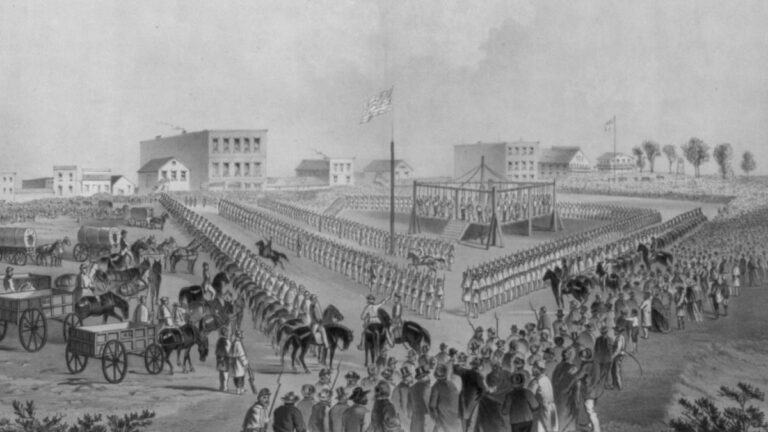
Author: Abraham Lincoln Date:1862 Annotation: Early in the war, Lincoln handled the slavery issue cautiously to avoid losing the support of the border states. He did, however, take a major symbolic step when he became the first President to approve of the execution of an illegal slave trader. Document: Whereas, it appears that at…
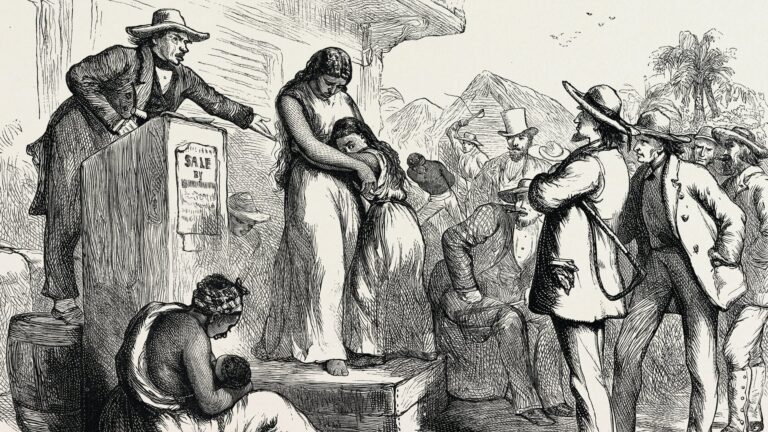
Date:1862 Annotation: The California Supreme Court rules that a Chinese witness could not testify against a white man accused of murder. After George Hall was convicted of the murder of Ling Sing, based on the testimony of three Chinese witnesses, Hall’s lawyer argued that a California statute barring testimony by African Americans, mulattoes, and Indians…
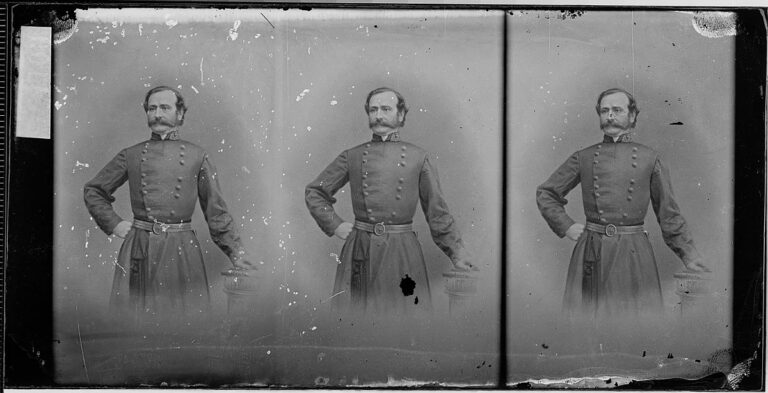
Author: Mansfield Lovell Date:1862 Annotation: In a letter to his son, Confederate Major General Mansfield Lovell (1822-1884) predicts that Lincoln’s emancipation proclamation “will produce dissensions and troubles at the North and…thus indirectly benefit our Cause.” Lovell, a West Point graduate who had served in the Mexican War, had unsuccessfully defended New Orleans against a…